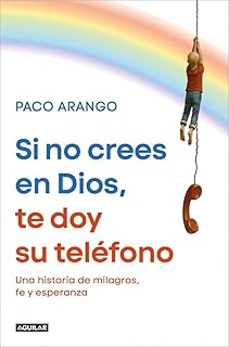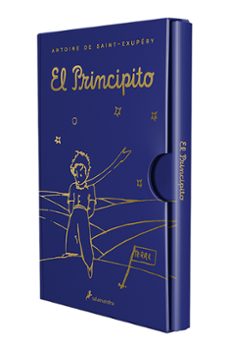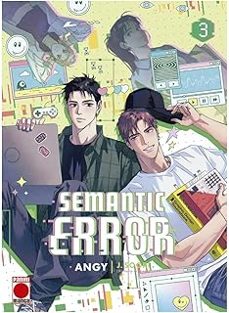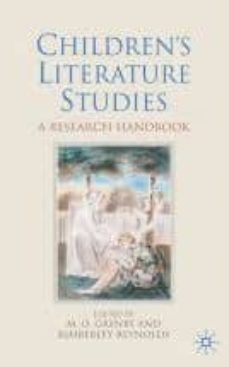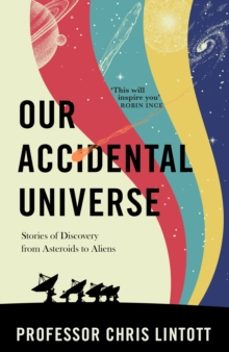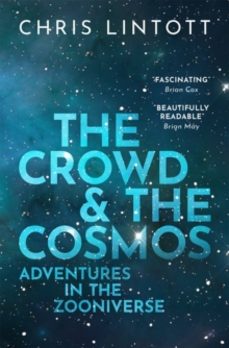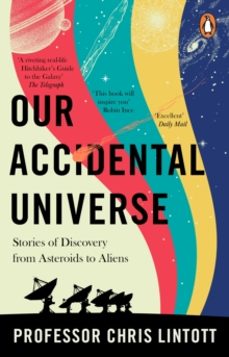Imprescindibles
Más vendidos Libros más leídos eBooks más leídos Todos los libros Todos los libros Autores destacados Series y sagas
Recomendados Libros recomendados Autores destacados Libros que inspiran Vidas con historia LGTBIQ+ English books
Ficción
Literatura Contemporánea Estudios literarios Clásicos Cuentos Poesía Teatro Libros de bolsillo Sagas literarias
Géneros literarios Novela romántica y erótica Novela negra Novela histórica Narrativa fantástica Novela de ciencia ficción Novela de terror Narrativa de humor Narrativa de viajes
No Ficción
Ciencias y tecnología Biología Ciencias Ciencias naturales Divulgación científica Informática Ingeniería Matemáticas Medicina Salud y dietas Formación Idiomas Estilo de vida Libros de Cocina Guías de viaje Narrativa de viajes Deportes Libros de Juegos Manualidades
Humanidades Autoayuda y espiritualidad Ciencias humanas Derecho Economía y Empresa Psicología y Pedagogía Filosofía Sociología Filología Biblioteconomía Estudios filológicos Estudios lingüísticos Estudios literarios Historia y crítica de la Literatura
Infantil
Juvenil
#Jóvenes lectores Narrativa juvenil Clásicos adaptados Libros Wattpad Libros Booktok Libros de influencers Libros de Youtubers Libros Spicy Juveniles Libros LGTBIQ+ Temas sociales Libros ciencia ficción Libros de acción y aventura Cómic y Manga Juvenil Cómic Juvenil Manga Shonen Manga Shojo Autores destacados Jennifer L. Armentrout Eloy Moreno Nerea Llanes Hannah Nicole Maehrer
Libros de fantasía Cozy Fantasy Dark academia Hadas y Fae Romantasy Royal Fantasy Urban Fantasy Vampiros y hombres lobo Otros Misterio y terror Cozy mistery Policiaca Spooky Terror Thriller y suspense Otros
Libros románticos y de amor Dark Romance Clean Romance Cowboy Romance Mafia y amor Romance dramatico Romcom Sport Romance Otros Clichés Enemies to Lovers Friends to Lovers Hermanastros Slow Burn Fake Dating Triángulo amoroso
Cómic y Manga
Novela gráfica Novela gráfica americana Novela gráfica europea Novela gráfica de otros países Personajes, series y sagas Series y sagas Star Wars Superhéroes Cómics DC Cómics Marvel Cómics otros superhéroes Cómics Valiant
Audiolibros
Literatura Contemporánea Narrativa fantástica Novela de ciencia ficción Novela de terror Novela histórica Novela negra Novela romántica y erótica Historia Historia universal
Humanidades Autoayuda y espiritualidad Ciencias humanas Economía y empresa Psicología y pedagogía Filosofía Infantil Audiolibros infantiles
Ciencia y tecnología Ciencias naturales Divulgación científica Medicina Salud y dietas Arte Cine Música Historia del arte
eBooks
Literatura Contemporánea Narrativa fantástica Novela de ciencia ficción Novela de terror Novela histórica Novela negra Novela romántica y erótica Juvenil Más de 13 años Más de 15 años Infantil eBooks infantiles
Humanidades Autoayuda y espiritualidad Ciencias humanas Economía y Empresa Psicología y Pedagogía Filosofía Historia Historia de España Historia Universal Arte Cine Música Historia del arte
Ciencia y tecnología Ciencias naturales Divulgación científica Medicina Salud y dietas Filología Estudios lingüísticos Estudios literarios Historia y crítica de la Literatura Estilo de vida Cocina Guías de viaje Ocio y deportes
KIMBERLEY REYNOLDS
Recibe novedades de KIMBERLEY REYNOLDS directamente en tu email
Filtros
Del 1 al 4 de 4
MACMILLAN CHILDRENS BOOKS 9780230525542
Children's literature is a rapidly expanding field of research which presents students and researchers with a number of practical and intellectual challenges. This research handbook is the first devoted to the specialist skills and complexities of studying children's literature at university level. Bringing together the expertise of leading international scholars, it combines practical advice with in-depth discussion of critical approaches. Wide- ranging in approach, Children's Literature Studies: A Research Handbook: * considers 'children's literature' in its fullest sense, examining visual texts (such as picturebooks), films, computer games and other 'transformed' texts, as well as more traditional modes of writing for children * offers a step-by-step guide to devising, starting and carrying out a research project (such as a dissertation or thesis), and advice on what kinds of research it is possible and profitable to undertake * surveys the different methodologies and theoretical approaches used by children's literature scholars * includes case studies, questions and exercises to reinforce ideas discussed in each chapter * provides lists of further reading and a specialist glossary that will remain a useful reference resource. This handbook will be an essential companion for those studying children's literature, whether as undergraduates, postgraduates, or beyond.
Ver más
Tapa blanda
TRANSWORLD PUBLISHERS 9781911709183
A scientific tour de force Dr Becky Smethurst Highly recommended Tristan Gooley Extravagantly entertaining warmly informative Lev Parikian A fascinating look at the strange and alien side of space Dr Lucy Rogers The BBC presenter of Sky at Night and Gresham Professor of Astronomy Chris Lintott takes us on an astonishing tour of bizarre accidents big characters and human error to tell the story of some of the most important astronomical events of the past hundred years Our first views of the earliest galaxies were brought to us by the Hubble Space Telescope when it was pointed at absolutely nothing The ice covered Enceladus one of Saturn s nearly one hundred moons was revealed as a possible habitat for life after a by chance fly by of NASA s Cassini probe on a mission elsewhere Pulsars the spectacular remnants of long dead massive stars were discovered as scruff in the data for measurements of the twinkling of possible radio stars As new telescopes are built on mountaintops and in deserts around the world aiming to transform our view of t
Ver más
Tapa dura
OXFORD UNIVERSITY PRESS 9780198842231
fascinating Brian CoxThis is the story of citizen science Where once astronomers sat at the controls of giant telescopes in remote locations praying for clear skies now they have no need to budge from their desks as data arrives in their inbox And what they receive is overwhelming projects now being built provide more data in a few nights than in the whole of humanity s history of observing the Universe It s not just astronomy either dealing with this deluge of data is the major challenge for scientists at CERN and for biologists who use automated cameras to spy on animals in their natural habitats Artificial intelligence is one part of the solution but will it spell the end of human involvement in scientific discovery No argues Chris Lintott We humans still have unique capabilities to bring to bear our curiosity our capacity for wonder and most importantly our capacity for surprise It seems that humans and computers working together do better than computers can on their own But with so much scientific data you need a lot of scientists a crowd in fact Lintott found such a crowd in the Zooniverse the web based project that allows hundreds of thousands of enthusiastic volunteers to contribute to science In this book Lintott describes the exci
Ver más
Tapa blanda
TRANSWORLD PUBLISHERS 9781804995914
An astonishing tour of the key astronomical events of the past century and of all the accidents and human error involved in our pursuit of asteroids radio waves new stars and alien life Now updated to include a new Afterword A riveting real life Hitchhiker s Guide to the Galaxy Telegraph An enjoyable tour of astronomical discoveries His excellent book is a layman s guide to the surprises Daily Mail Lintott s boundless enthusiasm for everything cosmic makes it hard to put this book away once you start reading BBC Sky at Night Magazine Entertaining and enlightening The Idler The BBC presenter of Sky at Night and Gresham Professor of Astronomy Chris Lintott takes us on an astonishing tour of bizarre accidents big characters and human error to tell the story of some of the most important astronomical events of the past hundred years Our first views of the earliest galaxies were brought to us by the Hubble Space Telescope when it was pointed at absolutely nothing The ice covered Enceladus one of Saturn s nearly one hundred moons was revealed as a
Ver más
Tapa blanda
Del 1 al 4 de 4









